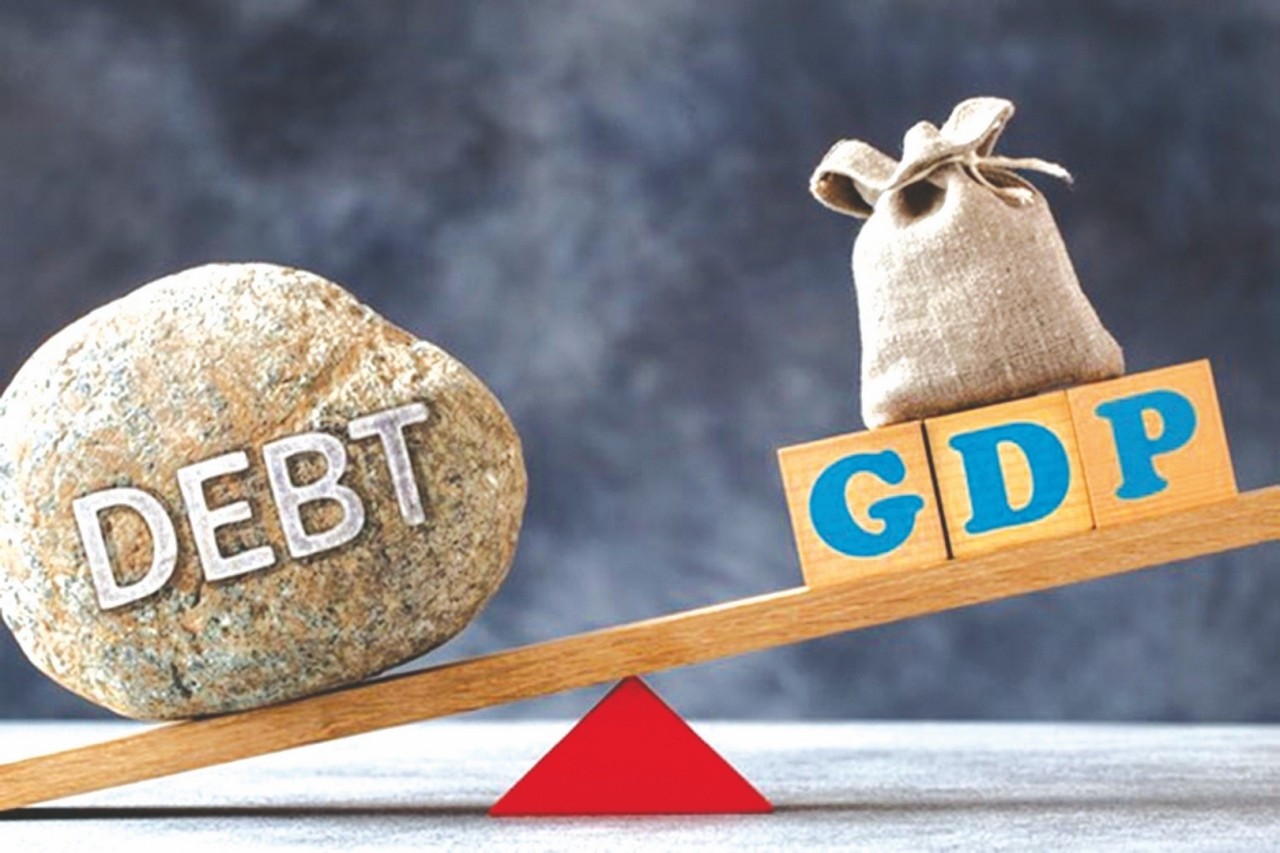According to the latest update of the Global Debt Database, the global debt burden has declined for the second consecutive year, although it remains above pre-pandemic highs. Total debt stood at 238% of global GDP last year, 9 percentage points higher than in 2019.
Despite a recovery in economic growth since 2020 and much higher-than-expected inflation, public debt remains high.
 |
| While global public and private debt has fallen, it remains above pre-pandemic highs. |
Fiscal deficits have contributed to rising public debt, as many governments spend more to boost growth and cope with soaring food and energy prices even as they wind down financial support related to the Covid-19 pandemic.
As a result, public debt has fallen by just 8 percentage points of global GDP over the past two years, offsetting only about half of the pandemic-related increase. Meanwhile, private debt, including household debt and non-financial corporate debt, has fallen at a faster pace, equivalent to 12 percentage points of global GDP.
Before the Covid-19 pandemic, global debt-to-GDP ratios had been rising for decades. Global public debt had tripled since the mid-1970s, reaching 92% of GDP (or more than $91 trillion) by the end of 2022.
Private debt also tripled to 146% of GDP (or nearly $144 trillion), but over a longer period from 1960 to 2022.
Debt in low-income developing countries has also increased significantly over the past two decades, albeit from lower initial levels. Even though their debt levels, particularly private debt, remain relatively low on average compared to advanced and emerging economies, the pace of increase since the global financial crisis has created challenges.
More than half of low-income developing countries are at high risk of debt distress and about a fifth of emerging markets have government bonds trading at distressed levels.
Crucially, reducing debt burdens will create fiscal space and allow for new investment, helping to boost economic growth in the years ahead. Reforms to labor and product markets that increase potential output at the national level will support that goal, the report said.
International cooperation on taxes, including carbon taxes, could ease pressure on public finances.
Source





























![[Photo] National Assembly Chairman attends the seminar "Building and operating an international financial center and recommendations for Vietnam"](https://vphoto.vietnam.vn/thumb/1200x675/vietnam/resource/IMAGE/2025/7/28/76393436936e457db31ec84433289f72)







































































Comment (0)